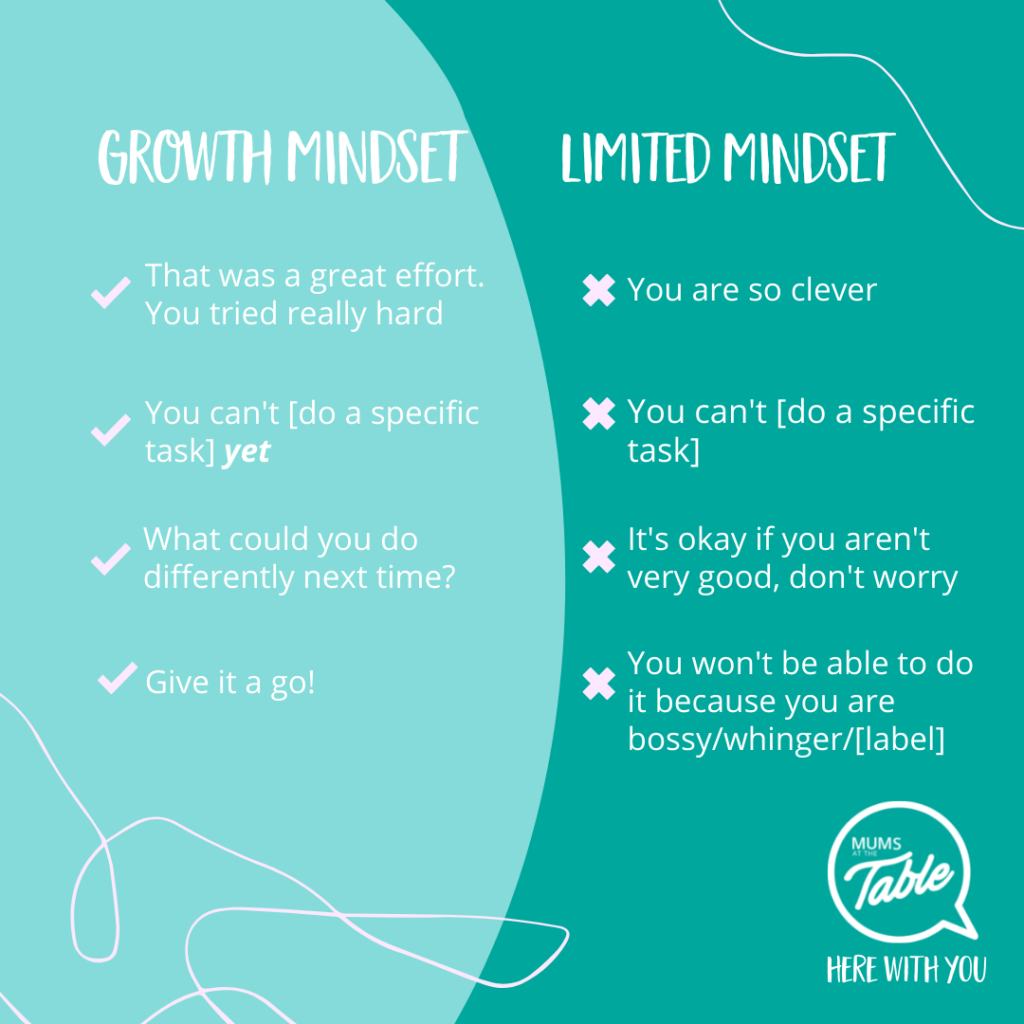Discover the Pygmalion effect and how your expectations—positive or negative—can shape your child’s confidence, behaviour, and success in learning and life.
When you realise the psychological phenomenon of the Pygmalion effect, you’ll want to use it every day on your kids. This idea works, feels like magic and is an integral part of your child’s success.
What is the Pygmalion effect?
The Pygmalion effect, also known as the Rosenthal effect, is a self-fulfilling prophecy where high expectations lead to improved performance and low expectations lead to lower performance. Simply put, if you believe in your child, they’re much more likely to succeed—but if you don’t, they’ll likely prove you right. It’s like saying, “Whether those closest to you believe you can or can’t, they’re right.”
This concept was famously demonstrated in a study by psychologists Robert Rosenthal and Lenore Jacobson in a primary school setting. At the start of the school year, the researchers deceived the teachers, telling them that a new special test had identified certain students who were expected to excel academically. There were hidden geniuses in the classroom that they encouraged the teachers to encourage and grow.
In reality, they were randomly selected students and their actual test scores didn’t indicate any special intellectual advantage compared to the control group. However, by the end of the year, the student outcomes were astonishing. These students showed significant improvement—gaining an average of two IQ points in verbal skills, seven in reasoning and four overall. The study revealed a powerful truth: a teacher’s expectations of high student performance will help their students rise.
The Pygmalion effect comes from the Greek myth of Pygmalion, a sculptor who fell in love with a statue he carved, which was later brought to life. Similarly, the expectations we set for our children can come to life, shaping our children into what we believe they can become.
How expectations impact children’s performance
Whether we realise it or not, we are constantly communicating our expectations to our children. These expectations can be expressed through words, tone, facial expressions and even body language. If we believe our child is capable and intelligent, we will subconsciously treat them in a way that nurtures their high performance. On the other hand, if we doubt their abilities, they will start to doubt themselves and develop lower performance over time. Constantly mention a child’s poor performance and they will probably only continue underperforming.
This observer-expectancy effect doesn’t only apply in classrooms. It can also be seen in organisational behaviour, parenting and even in personal relationships.
Examples of the Pygmalion effect in everyday parenting
From the way you praise your child’s efforts to the expectations you set for their behaviour, the Pygmalion effect is at play in everyday parenting. Whether it’s encouraging them to try a new skill, supporting their academic efforts or shaping their emotional responses, your expectations influence how they see themselves and what they believe they can achieve.
1. Homework and academic success
If you believe your child is intelligent and capable of excelling in school, you are more likely to encourage them, provide support and set high academic standards. Conversely, if you assume your child struggles with certain subjects, you might be less patient or avoid challenging them. Over time, they may internalise this belief and achieve lower performance.
How to apply it positively:
- Instead of saying “You’re not good at maths” try “You’re improving every day, and I know you can figure this out.”
- Praise effort over innate ability: “I love how hard you’re working on this!” rather than “You’re so smart.”
2. Sports and extracurricular activities
If you express confidence in your child’s ability to improve in sports or music, they will feel more motivated. If you constantly point out their mistakes, they may lose interest and believe they aren’t good enough.
How to apply it positively:
- Reinforce their efforts: “I see how much you’re practising—keep going!”
- Focus on progress: “You’ve come so far from when you started.”
3. Social skills and confidence
If you frequently say things like, “My child is shy”, they may adopt this label and hesitate in social settings. On the other hand, if you tell them “You are great at making friends” they are more likely to approach social situations with confidence.
How to apply it positively:
- Encourage them to step out of their comfort zone: “I believe in you. You can introduce yourself.”
- Highlight their strengths: “You’re a kind and friendly person. People enjoy being around you.”
How to use the Pygmalion effect to benefit your child
Understanding the Pygmalion effect can be a powerful tool in shaping your child’s confidence, motivation and success. By setting high but realistic expectations and expressing genuine belief in their abilities, you can create an environment where they feel encouraged to grow and achieve.
1. Set positive expectations
Research on student achievement shows that children perform better when they are expected to succeed. Whether it’s in school, sports or life skills, let your child know you believe in their potential.
2. Model confidence and optimism
Your child picks up on your attitudes. If you show confidence in their abilities, they will develop confidence in themselves. Avoid phrases that reinforce low expectations, like “You always forget your homework” and replace them with “I know you’re getting better at remembering things.”
3. Provide support and encouragement
While expectations are important, they should be paired with guidance. If a child struggles with a subject, saying “You’re smart” alone won’t help. Instead, support them with resources and encouragement: “Let’s practise together. I know you can do this.”
4. Avoid labels and negative reinforcement
Statements like “He’s lazy” or “She’s bad at maths” create limiting beliefs in children. Even if they struggle, use growth-oriented language: “You’re learning and getting better every day.”
5. Teach a growth mindset
A growth mindset aligns perfectly with the Pygmalion effect. Teach your child that abilities can be developed with effort. When they face challenges, remind them that improvement is possible through practise.

A note about setting expectations
While believing in your child’s potential is essential, pushing them too hard with unrealistic expectations can have the opposite effect. Children who feel constant pressure to meet extremely high standards may become anxious, resentful or even give up altogether. Some may work tirelessly to meet expectations, not out of passion but out of fear of disappointing their parents. Over time, this can lead to burnout, low self-esteem or even a sense of detachment from their own dreams. How many kids spend their entire lives living out a dream that isn’t their own, only to wake up in retirement years wishing they would have actually done what they enjoyed?
As parents, it’s important to strike a balance: Nurturing their big dreams while ensuring they feel supported, not pressured.
The power is in your hands
Your expectations hold power. The way you see your child shapes their self-perception and performance. They desperately want to know they have what it takes and you are the one to tell them.
By setting positive expectations, offering encouragement and fostering a growth mindset, you can use the Pygmalion effect to help your child thrive. While others’ expectations may be negative or unrealistic, help your child see that they can achieve more. Parent and teacher expectations are important, and play a critical role in the future for your child.
Self-fulfilling prophecies are real. What you believe about your child can become their reality—so believe in their potential and you will one day see it.
Read next: How to prepare your child for a successful career
How helpful was this article?
Click on a star to rate it!
4.3 / 5. 3
Be the first to rate this post!
Adriana Wales
Related posts
Subscribe
Receive personalised articles from experts and wellness inspiration weekly!

